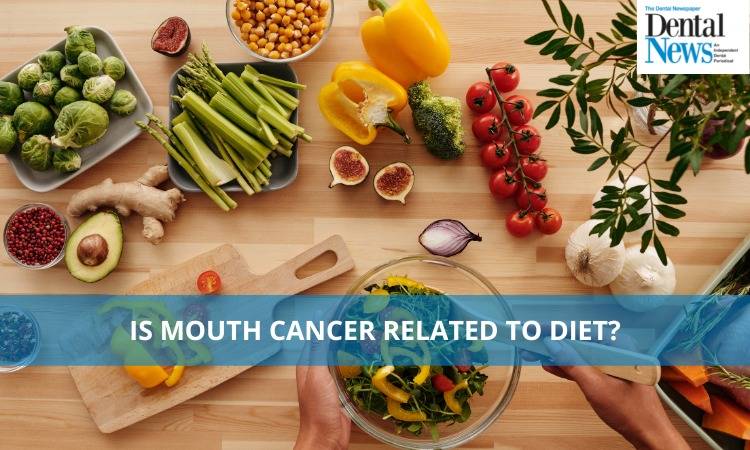
While tobacco and alcohol play a major role in the development and prognosis of oral cancer - nutritional factors are also implicated in the development of oral cancer. Epidemiological studies have reported that an intake of certain food considered a diet staple in certain cultures have been linked with an excessive risk of cancer. Chillies and wood stove-cooked food are some of them.
Foods Items That Have A Protective Role In Cancer
While dietary habits are known to have an important role in the development of tumours. A diet rich in antioxidants, carotenoids and other vitamins is known to have a protective role in oral cancer. According to one study, a diet high in fruit intake has 20%-80% reduced chances of development of oral cancer.
Another finding of a study released by the World Cancer Research Fund (WCRF) in 2019 indicated that adopting a diet rich in whole grains, vegetables, fruit, and legumes may protect against cancer. They contain micronutrients which are known to have a profound antioxidant activity.
Multiple researchers have also studied the role of vitamin c and dietary fibres owing to the reduced risk of head and neck cancers. Omega 3 has also been linked to oral cancer. According to research the balance between Omega 6 and Omega 3 acids can regulate the action of carcinogenic factors and decrease the risk of oral cancer.
Fruits and vegetables which are high in dietary fibre are garnering more and more and more attention among dietary factors.
Food Groups That Do Not Have A Protective Role In Cancer
A study which observed the association of different food groups with oral cancer reported that significant direct associations were found for milk and dairy products, eggs, red meat, potatoes and desserts, although trends in risk were significant only for potatoes and desserts.
The study reported that combinations of low consumption of fruits and vegetables, and high consumption of meat with high tobacco and alcohol, led to a 10- to over 20-fold excess risk of oral cancer.
Meanwhile consumption of fried and broiled foods and employment of microwave cooking, because of the formation of heterocyclic amines, have also been linked with increased incidence of oral cancer.
Inflammatory serum factors such as CRP, interleukins and tumour necrosis factors have been known to have a role in certain dietary patterns.
A pro-inflammatory diet induces persistent inflammation, promoting cancer development in some parts of the body, including oral cancer.
Similarly, a high intake of iron has also been associated with oral squamous cell carcinoma.
Effect of Food On Cancer Cells
Multiple researchers have studied how certain food items can alter or modify cancer cells. Certain foods tend to introduce epigenetic cellular changes resulting in the modification of genetic material. The term 'Epigenetics' refers to the alteration of gene expression and chromatic remodelling independent of the DNA sequence. These modifications can play a major role in the development of head and neck cancers.
Similarly, certain fruit and vegetable-rich diets, as well as rich in vitamins and minerals, could intervene in the initiation of apoptosis and the suppression of tumour genes.

Dr Rida Qamar
The author is contributing writer at Dental News Pakistan and can be reached at Ridaqamar100@gmail.com

